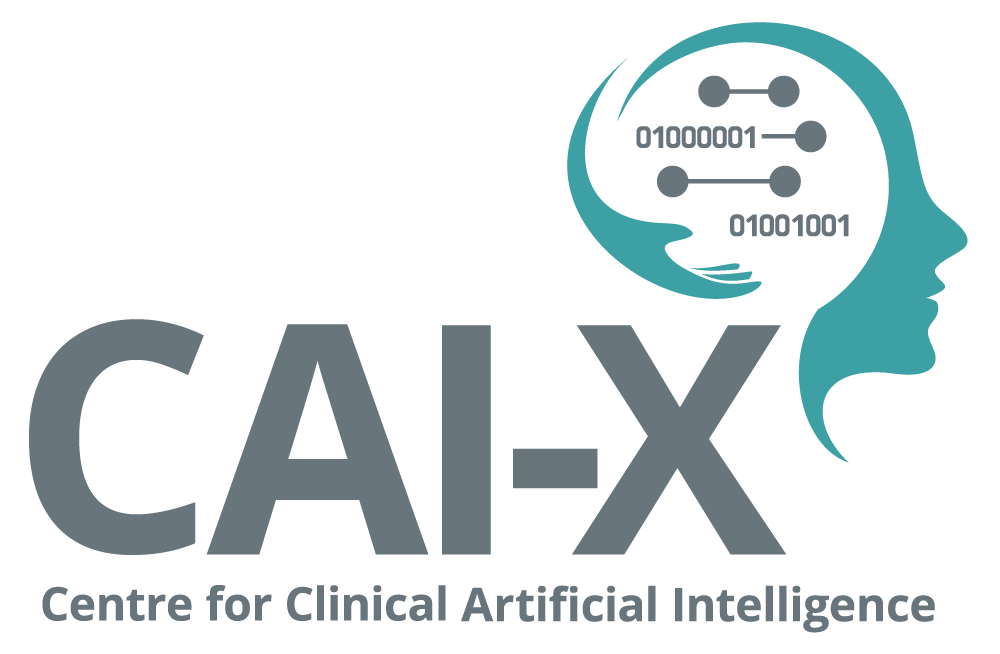PREMIO COLLAB
Breast cancer is the most commonly diagnosed cancer in Europe, affecting nearly 400,000 people each year. An estimated 120,000 of these patients will develop metastatic breast cancer (MBC).
Project period
Start: 1 January 2024
End: 31 December 2029
Traditionally, CT imaging through PET scans has been the standard for monitoring MBC. Recent advancements have brought forward FDG-PET/CT as a highly accurate alternative medical imaging technique, with studies suggesting it could have the potential to extend survival by up to 14 months. The technique works through a substance called FDG, which is similar to sugar. It is injected into your bloodstream and travels to the parts of the body that use a lot of sugar, such as cancer cells. By detecting the energy that the FDG substance gives off, the PET scanner can highlight these areas.
However, FDG-PET/CT is not widely accessible for monitoring in MBC patients due to a lack of efficient workflows, insufficiently documented evidence of its benefit, and limited scan capacities.
Aim
The PREMIO COLLAB project aims to prolong overall survival and to improve the quality of life for MBC patients by providing refined guidance for the management of treatment response monitoring. The project strives to facilitate improved patient care and streamlined clinical workflows addressing the needs of patients, healthcare professionals, and society.
The project's more specific objectives are:
- Generating a healthcare working environment for FDG-PET/CT-based monitoring.
- Generating evidence of the benefits of FDG-PET/CT.
- Supporting implementation at the national level in all European countries.
- Improving current practice for using FDG-PET/CT in monitoring.
- Incorporating patient and family perspectives in diagnostic pathways.
- Shaping future technological improvements for monitoring.
Participants
The project is lead by the Department of Nuclear Medicine at Odense University Hospital, who will work on the project along with a dedicated consortium. The PREMIO COLLAB consortium consists of 13 partners from 7 European countries (Denmark, Germany, Italy, Sweden, Austria, Switzerland, and Scotland):
- The Region of Southern Denmark, Odense University Hospital and Lillebaelt Hospital
- The Capital Region of Denmark, Rigshospitalet and Herlev Hospital
- The North Denmark Region, Aalborg University Hospital
- The Central Denmark Region, Aarhus University Hospital
- The University Hospital rechts der Isar
- The Sant’Orsola-Malpighi Polyclinic
- Humanitas Research Hospital
- The Geneva University Hospital
- The University of Southern Denmark
- The University of Bologna
- The Tyrolean Private University
- The University of Strathclyde
- The Research Consortium for Medical Image Analysis
The consortium partners cover a wide range of scientific disciplines, including clinical research, oncology, epidemiology, medical imaging, software development, artificial intelligence, health policy, health technology assessment, genomics, philosophy, patients’ perspectives, family care, and communication and dissemination.
CAI-X will assist the consortium with project management.
Funding
The project is funded by Horizon Europe under grant agreement no. 101136812 (European partners) and UK Research and Innovation (UK partner). This project is a part of the EU Cancer Mission.

Malene Grubbe Hildebrandt
Professor, Senior Physician
Odense University Hospital, Department of Nuclear Medicine
(+45) 3017 1888 malene.grubbe.hildebrandt@rsyd.dk

Lena Lykke Jønch-Clausen
Project Manager
Odense University Hospital, Department of Clinical Development - Innovation, Research & HTA
(+45) 2452 1116 lena.lykke.jonch-clausen@rsyd.dk
